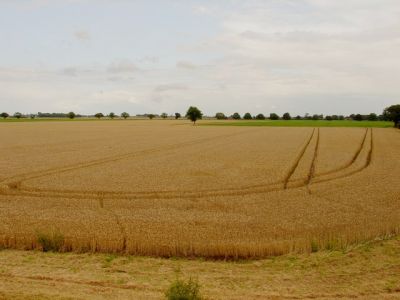Scientists are incorporating microfibrillated cellulose extracted from cereal waste into low-weight, biodegradable and renewable packaging that boasts superior mechanical and barrier properties and a small environmental footprint.
In Europe, over 35 % of cereal production is wasted, and conventional
packaging generates over 5 million tonnes of landfilled plastics every
year. It may be possible to reduce cereal and packaging waste streams by
exploring useful and eco-friendly applications.
The EU-funded
FUNKIFIBRE project aims to extract key fibres from oat waste for reinforcing plastic packaging materials. This will create superior and more sustainable packaging materials.
Project partners selected two main oat waste streams and developed methods to extract and modify key microfibrillated fibres. They optimised chemical methods that render the fibres compatible with existing plastic composites, and further efforts will focus on making manufacturing more economically viable.
Researchers and companies involved in the project will develop and characterise two types of traditional plastics packages to identify which of these would be most suited to the FUNKIFIBRE final application. The project is now set to migrate from pilot studies to large industrial-scale ones.
Ultimately, FUNKIFIBRE will help enhance consumer awareness, driving the purchase of products packaged in a more sustainable and environmentally responsible way. This shift in conventional methods will have an economic impact on the cereal and packaging industries, and, more importantly, aid in alleviating environmental damage.

